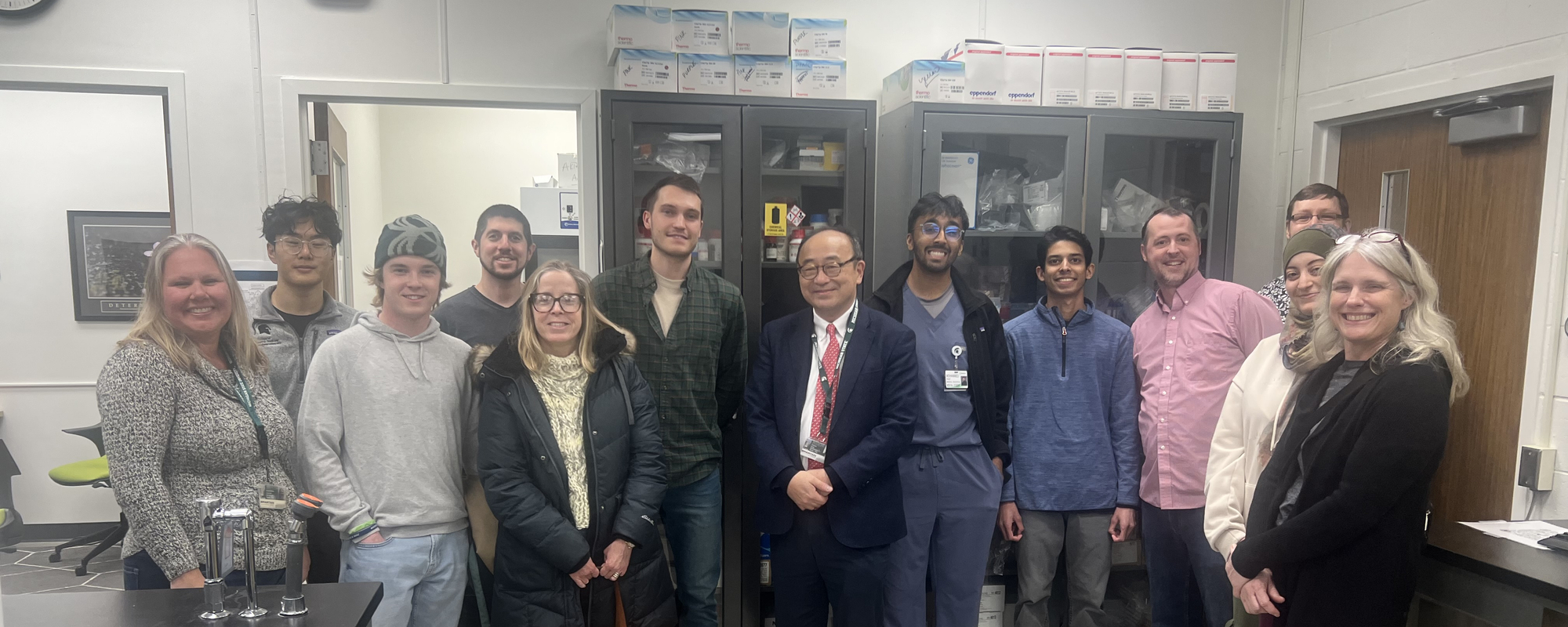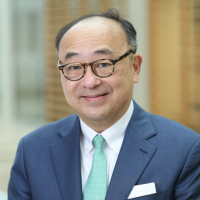MSU scientists give Spartan family hope against brain cancer
September 17, 2025

In August 2024, Emily Burns noticed something was off with her vision. As her sight became worse over the next week — and was accompanied by omnipresent headaches — she went to the first place one would think to go when having vision issues: the eye doctor.
When a field vision test at her ophthalmologist’s office revealed that Emily’s left peripheral vision was fading, her doctor thought Emily might be having a stroke and suggested she go to the emergency room at nearby Corewell Health William Beaumont University Hospital in Royal Oak.
Physicians at Corewell discovered that Emily had a brain tumor. When the tumor was removed a week later, doctors found it was glioblastoma, the most common and aggressive form of brain cancer in adults. In 2023, nearly 12,000 Americans were diagnosed with glioblastoma, which has a five-year survival rate of only 6.9%.
Around the time Emily was first diagnosed, her son Will was beginning his junior year at Michigan State University.
Throughout the year, Will continued to research ways to help his mom.
 “Living in East Lansing, going to class, hanging out with my friends: I have this great life, and I owe it all to my mom,” he said. “There’s no better use of my free time than to help her.”
“Living in East Lansing, going to class, hanging out with my friends: I have this great life, and I owe it all to my mom,” he said. “There’s no better use of my free time than to help her.”
While looking up information about glioblastoma treatment, Will came across an article about Charles “Chaz” Hong, chair of the Department of Medicine in MSU’s College of Human Medicine, who discovered a compound that may hold the key to improving the prognosis for glioblastoma using funding from the National Institutes of Health, or NIH.

